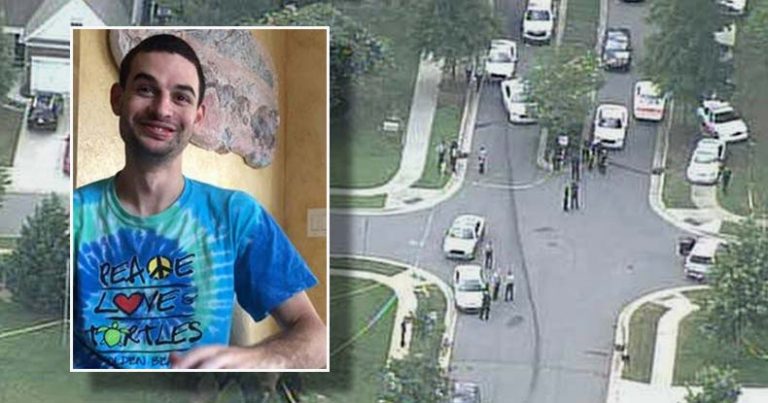 |
| Reunited relatives leave the Marriott Coral Springs Hotel on Wednesday night following a deadly shooting at Marjory Stoneman Douglas High School. Washington Post photo by Matt McClain |
If you survive a mass shooting, life changes quickly. For me, at Virginia Tech almost 11 years ago, it changed the instant I heard the gun shots.
And when I heard the news Wednesday about the high school shooting in Parkland, Florida, the feelings that I had during and after Virginia Tech came back instantly.
There have been hundreds and hundreds of other mass shootings since that one, and already 17 earlier school shootings this year, as documented by the nonprofit group Everytown for Gun Safety. The physically uninjured survivors of all these shootings are often considered the lucky ones. And we are lucky — very lucky. But that doesn't mean that life after a shooting is easy or normal. It's not. We have struggles and a recovery journey that can't be seen, only felt.
On our campus in Blacksburg, Virginia, my classmates and I built a barricade to prevent the shooter from entering. Bullets went through our door, and the shooter tried to enter, but we were able to keep him out until law enforcement arrived. When the gunman opened fire, within seconds, my body went into fight-or-flight mode. The shots ended, but my brain kept wondering: When is it safe? Are the police here yet? Is the shooter in custody? Is the shooter dead?
This is what's in store now for the survivors at Marjory Stoneman Douglas High School in Florida.
Before the shooting, I didn't think much about my safety at the grocery store, or at church or the movie theater. When a mass shooting occurred, I'd hear about it in the news and think about my personal safety for a day or two, but then it left my mind. (Then again, 11 years ago, mass shootings were less deadly.) But after the Virginia Tech shooting, I thought about safety everywhere I went. I overanalyzed which seat to choose at the movies or church based on my best escape plan. My eyes scanned everyone around looking for unusual behavior. My ears could hear a pin drop.
[Alaska survivors of Las Vegas mass shooting move forward with the help of friendship]
I remained in a fight-or-flight state for months. I always wanted to know: When will it be safe again? Or really, when will I feel safe again? Within seconds, the feeling of safety I'd always known was stripped away, replaced with fear, sadness, loneliness and self-doubt. Figuring out how to deal with these feelings while regaining a sense of safety, without pushing everyone and everything away — it's challenging, to say the least.
I had a tremendous fear it would happen again. People would tell me it wouldn't, but I thought, they don't know that. Because unfortunately, in our country right now, there is no guarantee that it won't happen again. I eventually regained a sense of public safety. It just took time, and counseling.
I hear way too often, "A mass shooting won't happen to me. Not at my school, and not in my community." That's what I thought, too, before it happened at Virginia Tech. But the truth is that it is always somebody's school and somebody's community. And somebody's loved ones.
When the media covers a shooting, the reporting tends to focus on the numbers the shooters killed or hurt. Las Vegas concert: 58 killed and more than 500 injured. Sutherland Springs Church, Texas: 26 killed and 20 injured. Rancho Tehama Elementary School, California: five killed and 18 injured. Marshall County High School, Kentucky: two killed and 18 injured. Marjory Stoneman Douglas High School: 17 killed and 15 injured. So far.
But these shootings also affect more than just the families and friends who lost loved ones and the victims who were shot. I wasn't shot, but I was affected for years. I was in denial that I needed help because I had no physical wounds or scars. Physically uninjured survivors don't always get the resources they need. It feels very selfish to ask for resources when others were killed or wounded, but the truth is, we need them, too.
By now, there are also thousands of physically uninjured survivors, as well as law enforcement officers and medics who responded to these events. These people may think for a long time that they weren't affected because the media doesn't mention them. They may have escaped gun wounds, but the mental wounds run deep. They walk wounded for months, sometimes years, before realizing the impact the shooting had on them.
It's a long road to recovery for everyone. When is enough enough?
Hamp survived the Virginia Tech shooting in 2007 and is now an advocate for school safety






